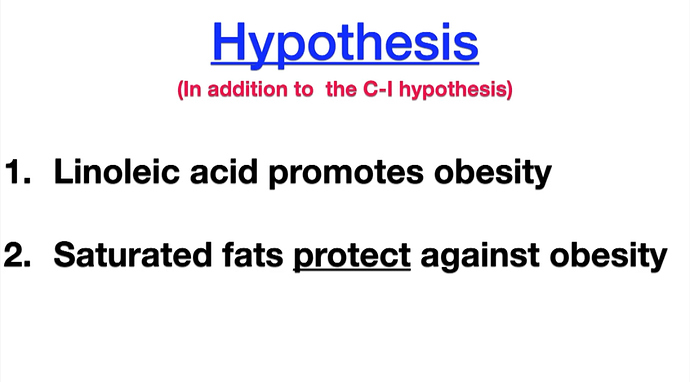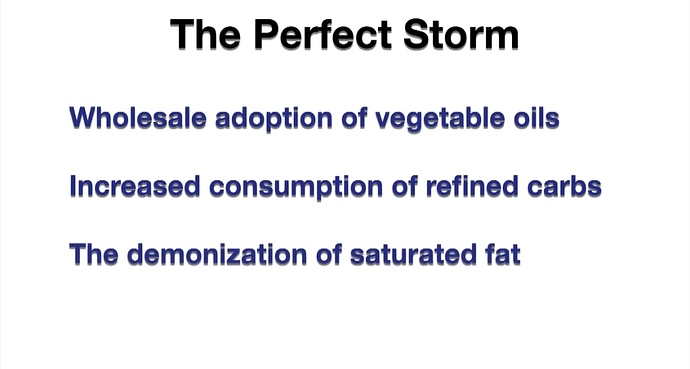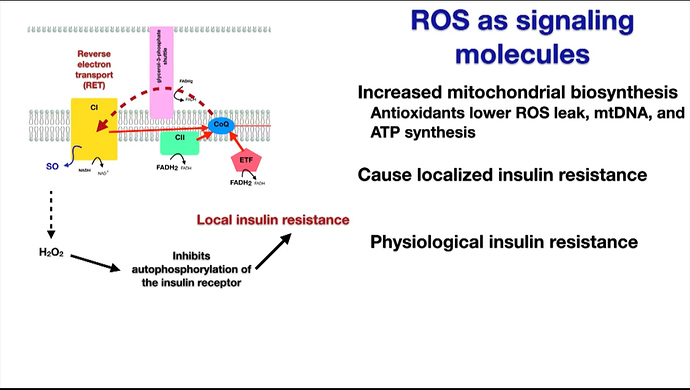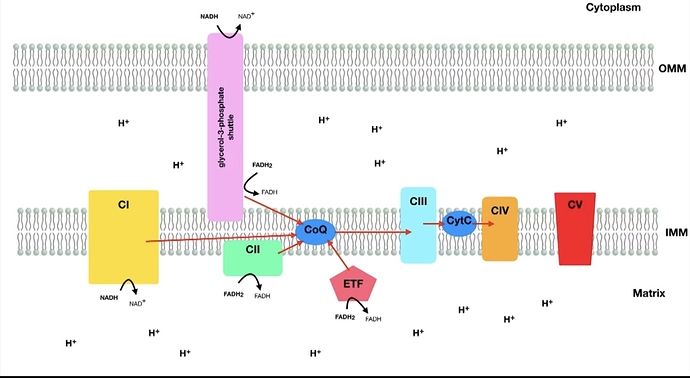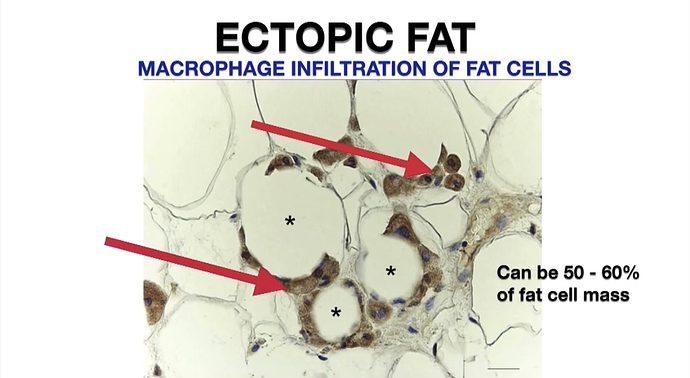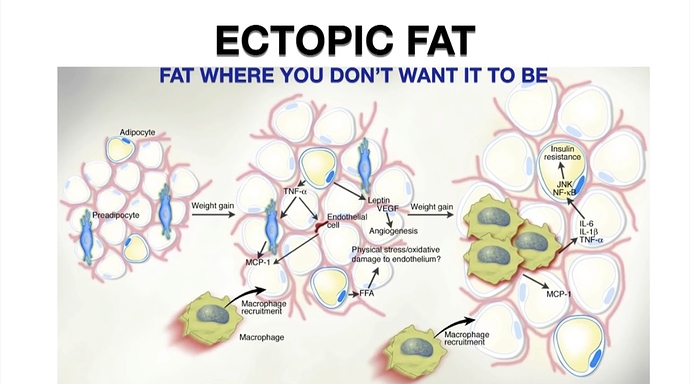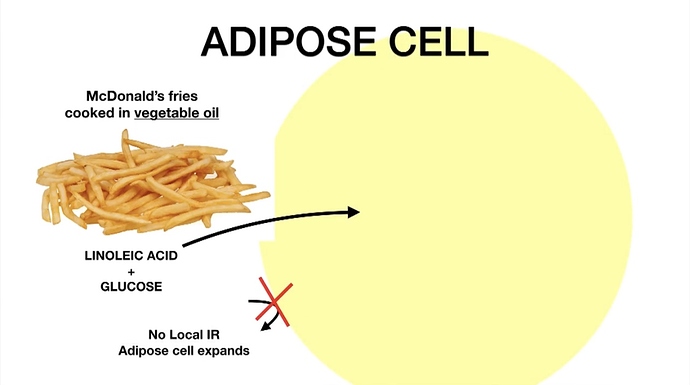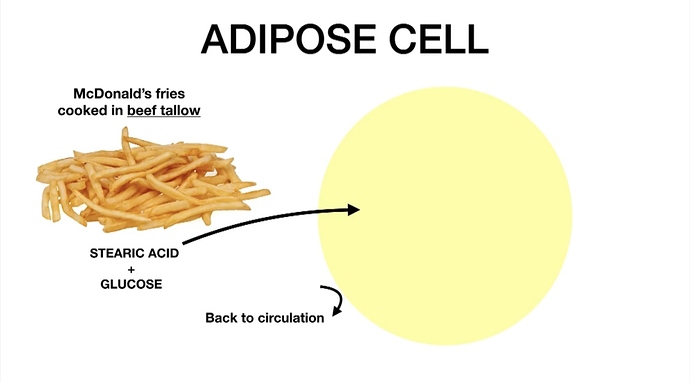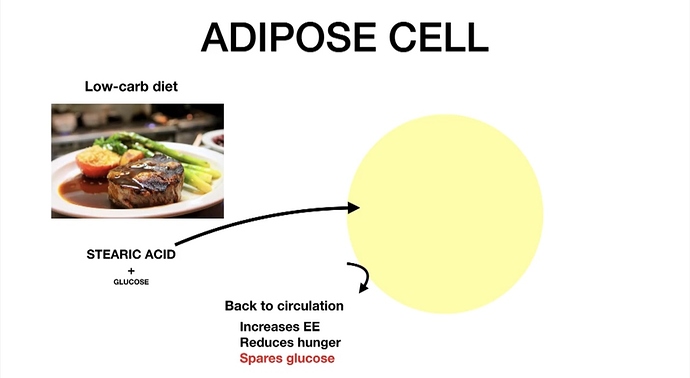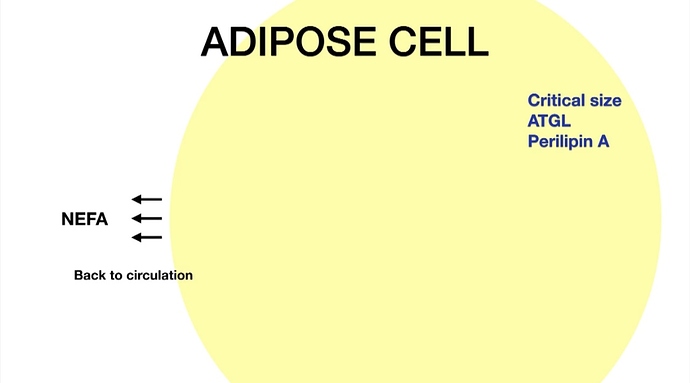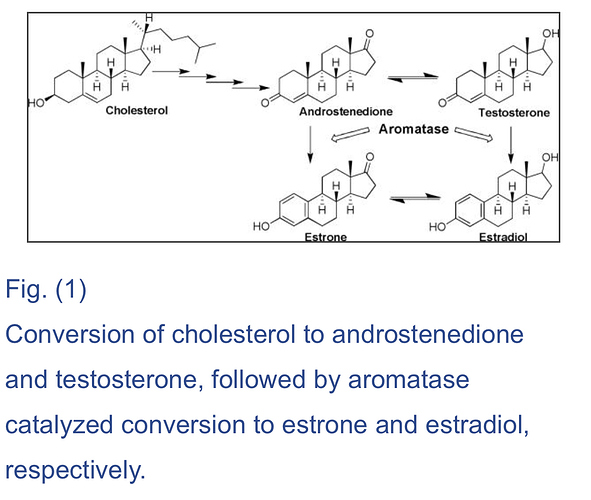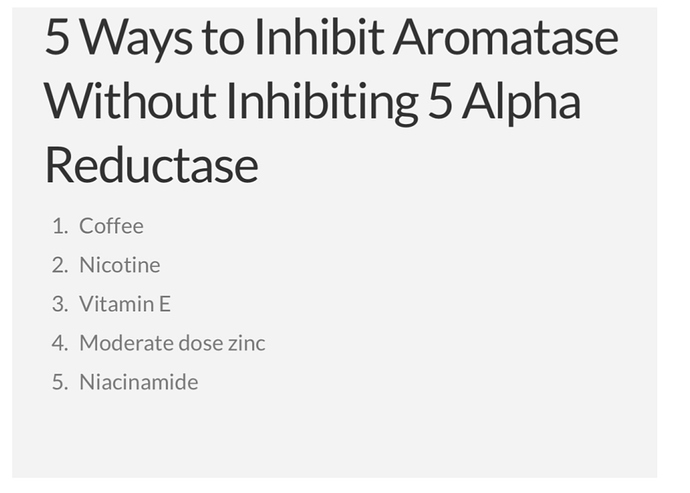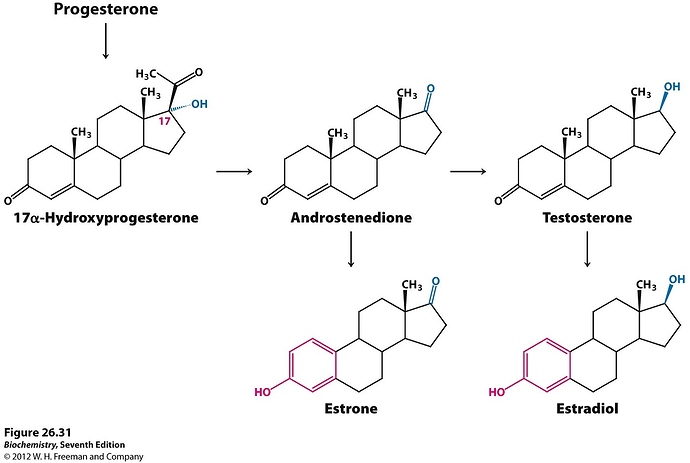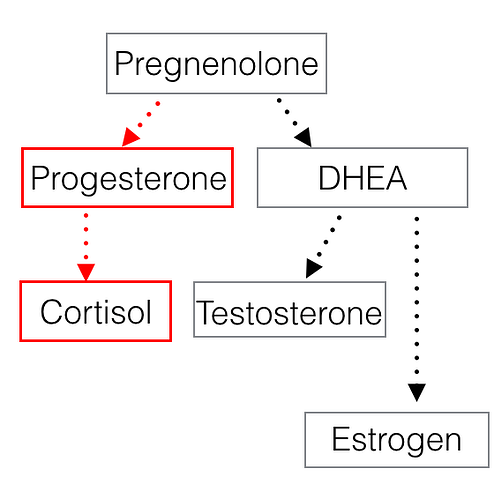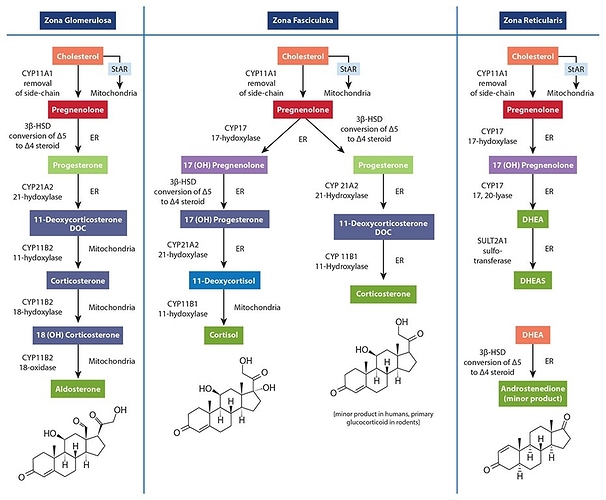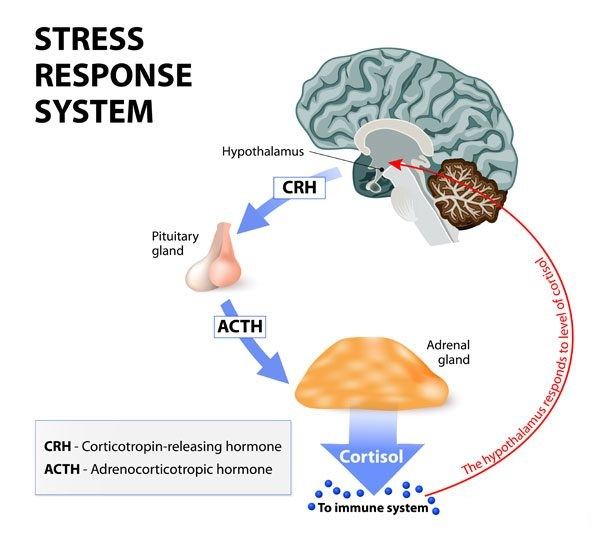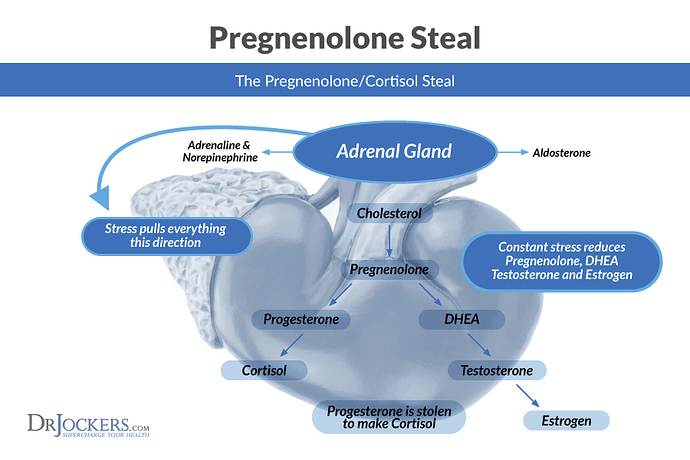Yes. What Bunny said…
Adrenaline increases fat release. And if energy is needed, then there is fat loss… but cortisol, in a high glucose low energy consumption state, hormonally triggers fat storage.
This is the same with fat… if you consume it with high carbs, the carbs cause insulin, insulin shuttles everything into fat cell including the fat.
So does eating fat make you fat? If you consume it with carbs - YES. If you consume it without carbs? NO.
The exception is if you consume so much that your body is triggered to go anabolic. Hard to do but not impossible.
So will cortisol make you fat? If you’re in an energy deficit (Keto is generally energy deficit, by the way) - NO. If you’re in an energy surplus - YES.
Same with protein. Does consuming protein trigger an insulin spike? If you’re fasted with low blood glucose - NO. In fact, it triggers glucagon release and burns fat. If you’re carb loaded with high glucose and insulin - YES. In fact, it magnifies the insulin response of the high carbs.
The answer in a dynamic system is usually “it depends”…

